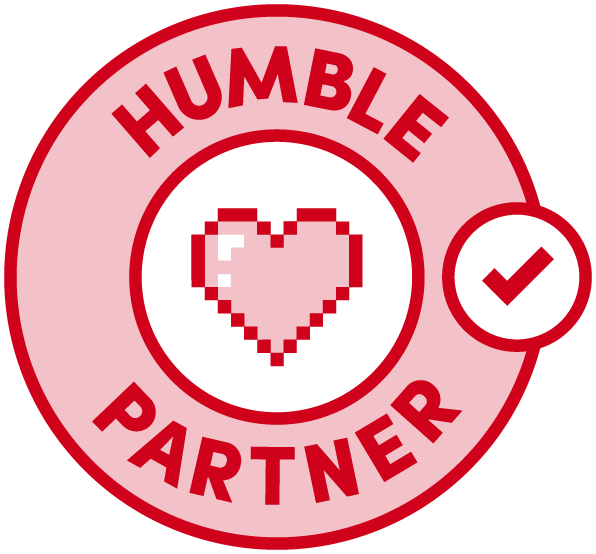Is Google Stadia What The Next-Gen Of Gaming Will Look Like?
OPINION: If the reality of what Google is promising with Stadia is accurate, then we’re looking at the future of video games.
Yes, that could read a little hyperbolic given that outside of the Project Stream beta last year (successful as it was), we’re not exactly sure just how well Stadia will cope with fluctuating latency in widespread, real-world conditions. And no, we’re not saying that Google and specifically Stadia is the one and only future for games. But Stadia’s promise–a hardware agnostic world for consumers that can deliver the best gaming has to offer on whatever device you happen to have in front of you (as long as you have a decent internet connection)–feels like where we’re all headed. And while we’ve had other companies try to deliver on this, Google seems uniquely positioned to actually make it work.
That promise is certainly intoxicating. A new gaming platform, delivered completely online and with all the processing handled in the cloud, is revolutionary for consumers in a few ways. It removes a lot of the friction we normally associate with playing games: having to spend hundreds of dollars on console or speccing up a PC to run the latest and greatest; having to buy physical discs or download gigabyte upon gigabyte of data to local drives; or being surprised by hefty patches or updates when all you want to do is play.
And of course, there’s the convenience. You can watch Netflix on your TV or PC at home, and then continue watching on your phone on your way to work. You can do the same with music on Spotify, switching from device to device seamlessly. If you want to play The Division 2, however, you’re stuck to the screen your console or PC is tethered to. Even the most convenient gaming console ever–the Nintendo Switch–is “locked” to one device. A service like Stadia makes playing games more accessible than ever.
It will also seemingly have a major impact on how games are made. Google made a big song and dance at its GDC reveal event about all the ways Stadia could help developers create games, the biggest of which is the added power that a cloud-based development platform can offer. Google is saying game development no longer needs to be tied to finite processing and hardware specs, or that only one “instance” of Stadia infrastructure is what design should be pegged to. Imagine a scenario where the world’s best game makers weren’t constrained by the processing power of one unchanging piece of hardware? How will that impact the types of games we’ll all be playing in the future? “As a developer, you’re used to being forced to tone down your creative ambitions that are limited by the hardware, but our vision with Stadia is the processing resources available will scale up to match your imagination. In this new generation, the data center is your platform,” Stadia’s head of engineering Maj Baker said during the Stadia briefing.
Of course, all of this dazzling potential could be undone if Stadia doesn’t provide a smooth, seamless gaming experience when it launches later this year. The bane of online game streaming–high latency leading to lag–is a problem Google claims to have answered thanks to a combination of its geographically widespread data centers and other infrastructure solutions, but just how well it has solved this won’t be known for sure until the service is released. Will this only be a viable alternative to a PC or console if you live somewhere like San Francisco or New York? What if you’re in a remote location? And location isn’t the only thing standing in the way of Stadia’s widespread success. If you’re one of the millions on fixed data caps every month, is this service viable for you (especially with the 8K video Google is saying is coming down the line)? And of course, there will always be those who prefer a physical device to game on, either because of the visual fidelity, the want to fully control one’s gaming environment, and the fact that owning a game on a disc you can hold in your hand is simply more… tangible.
But even if you’re someone who thinks a platform like Stadia isn’t for you, what is undeniable is the promise of a purely online, hardware agnostic platform is a massive disruption to not only the way we play games, but to the video games industry as a whole. If Stadia works as well as advertised, then the future of games is no longer tied to hardware. It’s all about connectivity.
from GameSpot – Game News https://www.gamespot.com/articles/is-google-stadia-what-the-next-gen-of-gaming-will-/1100-6465718/



Leave a Reply
Want to join the discussion?Feel free to contribute!